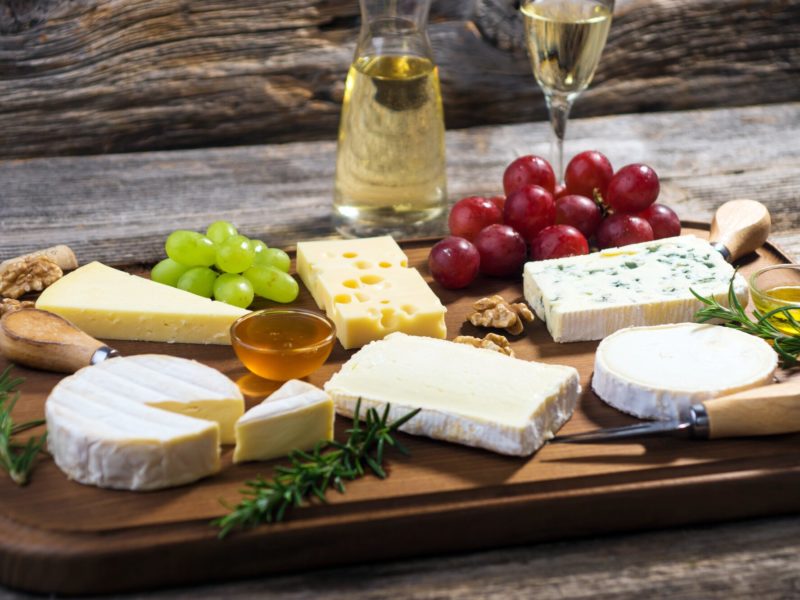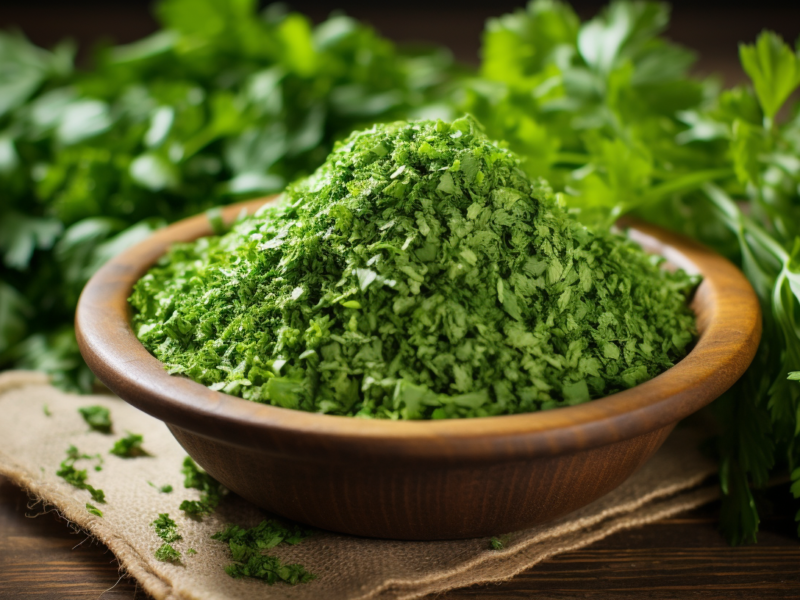Approximately 80% of American households own a grill. This data shows how far the American population is ready to embrace developments in the kitchen and cooking department. As far as outdoor cooking is concerned, gas and charcoal grills are the two prominent types of grills.
The continued conservation campaigns have reduced the number of charcoal grills in our homes since they are associated with deforestation. Gas grills make use of a natural resource that is readily available. However, gas grills have mixed fortunes.
Below are some insights into the advantages and disadvantages of a gas grill.
Begin by Getting the Right Grill
One of the significant problems associated with this equipment is the high probability of becoming faulty. This is primarily brought about by individual tendencies of buying substandard equipment.
There are set standards for gas grills that you have to check before taking it home. Be sure that your pick is equal to the task – it’s important to ensure that your chosen grill, such as a reliable Taylor grill, meets these standards to avoid future inconveniences. At the same time, be sure that you can use it efficiently when no one else is around.
If you are not familiar with it, take time and go through the menu. If doing so doesn’t help, talk to the technician, and get assistance where necessary. Don’t buy it because you only have a limited amount of funds.
Advantages
Food Cooks Faster
It becomes hard to compare gas grills with other cooking equipment. These grills consume less time in cooking which saves you much for other activities. They only take a fraction of the time consumed by other cooking methods.
It also saves you cash that you would have used to rush to a hotel to get some bites. Grills allow the accumulation of heat, thus the rapid cooking process. It has a quicker ignition and heating rate as compared to the rest.
It Is Cheap
When it comes to the cost, gas grills may have a high initial cost. However, you will get to realize that it was the cheapest option in town. Other forms of the grill are characterized by low prices which later become a problem due to the high cost of fuel.
On the flip side, gas grills will be cheap in the long run since gas has low prices. You will generally have enough cash to get more grilling foods for the family.
Easy Control of Temperature
While grilling, it will reach a point where either the heat is too low or too much. In the case of gas grills, it becomes easy to regulate the temperature which is done through the adjustment of a specified knob.
Charcoal grills are directly the opposite in that controlling the temperature requires sufficient airflow. While this may be not difficult, you cannot compare it to the convenience of a knob.
Temperature is a critical component of your grilling experience. Ensure the knobs are functioning even before you take the griller home. In case they fail after a short time, use the warranty policy to get another machine.
Gas Grills are Safe
Unlike charcoal grills, gas rarely emits fumes of carbon that may end up bringing instances of breathing complications. It also lacks wastes, like ash, that may be blown by winds to other apartments.
While there isn’t as much waste, gas grills do demand your attention just in case of a technical hitch.
Are Comfortable to Use
Charcoal grills come in with a series of labor demands beginning with the purchasing of fuel igniting it. Interestingly, most of the population, especially the younger generation, has not interacted with the charcoal system.
It, therefore, becomes difficult to convince such people on the essence of such grills. However much pressure you get from others, go for makes that are comfortable with you and avoid carbon at all costs.
Don’t be fooled by a cheap price that may end up costing you a fortune in the long run. After all, gas grills are convenient, easy, and comfortable to operate. You don’t have to do it from the outside like in the case of charcoal grillers.
Gas Grills Cook Almost Everything
The secret to effective cooking is regulating heat and temperature. This is something that gas grills have meaning it is more than possible to cook every meal to personal tastes.
In charcoal grills, it takes effort to lower the temperature, which may lead to the burning of some foods. The wide range of temperatures gives room for slow cooking which leads to better meals.
Grilling Has Health Benefits
Foods prepared on gas grillers are said to be low in calories and fat. Unlike grilled foods, fried food poses several health risks among them obesity and cardiovascular disorders. Interestingly, even foods that have low-fat content tend to rise when fried.
The good thing with gas grillers is that they suck excess fat, especially when slow-cooking. This eventually leads to lower calories, thus manageable weight.
Drawbacks
Takes Away the Flavor
Gas grilling is good, but when it comes to the original flavor, it is beaten by charcoal grills. This is brought about by the lack of much-needed smoke that adds a natural flavor.
There is hardly any smoke in a gas grill, and once you notice it, it is a red flag.
Health Risks
Grilled foods are suitable for the body, but the interaction between the food and heat may be dangerous. In most cases, meals that are grilled are proteins. High heat reacts with protein bonds, forming heterocyclic amines which are known carcinogens.
Additionally, it produces glycation products which in the long run cause conditions such as diabetes.
There is Limited Mobility
When families are grilling using charcoal, you will find them chat around the grill. This case doesn’t play out in gas grills since they do not generate enough heat for them.
Gas grills are, in most cases, fixed in one position meaning the grilling activities cannot be transferred outdoors. Gas is dangerous to deal with and will require minimal exposure.
Grilling is one of the cooking approaches that society is adopting at a high rate. Charcoal grills are no longer as common as they were initially and are being replaced by gas grills. Even as you use these gas grills, be cautious to avoid cases of fire and explosion.
Resources – The Spruce, Huffington Post, Hunker


